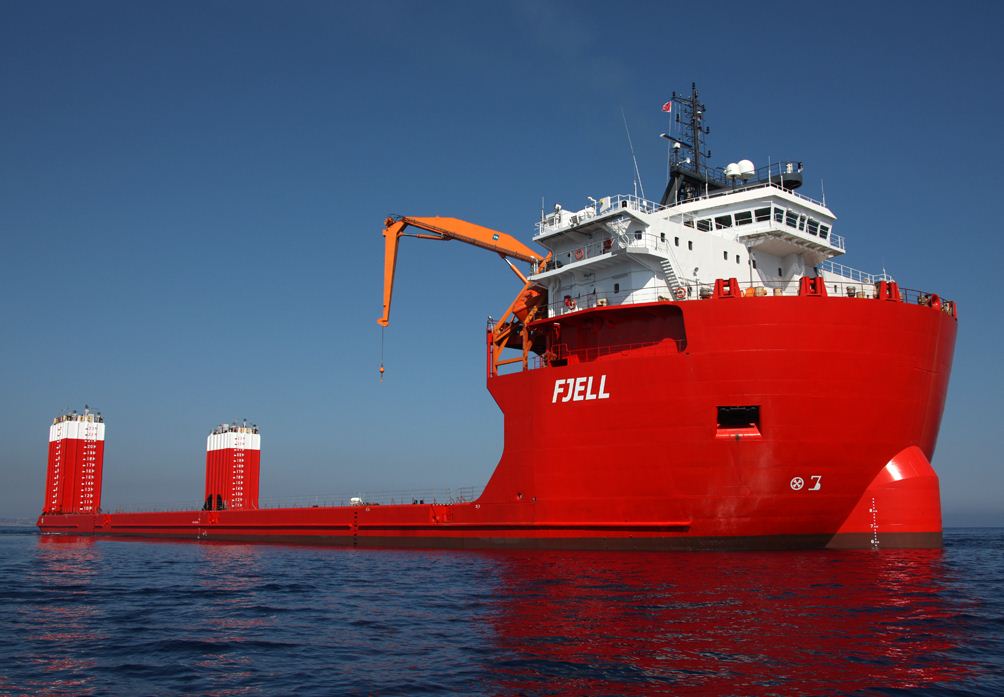- Shippers Council Shops for Investors for TTP Projects
The Nigerian Shippers’ Council (NSC) has commenced arrangements to shop for qualified investors to flag off its ultra modern Truck Transit Park (TTP) initiative across the country.
The Executive Secretary, NSC, Hassan Bello, in a chat with The Guardian said, the Council is promoting the development of TTPs across Nigeria on a Public Private Partnership (PPP) in line with the Federal Government’s policy to address the infrastructure deficit in the country.
He said the facility would provide short term resting place for truck drivers on long distance travels and reduce the loss to life and cargo caused by accidents arising from fatigue.
The parks are slated for locations such as: Lokoja in Kogi State; Obollo-Afor, Enugu; Jebba, Kwara; Ore, Ondo; Ogere, Ogun; Porto Novo Creek, Lagos; Onitsha, Anambra; and Mararaban in Nasarawa states respectively.Bello, who was apparently worried with the uncoordinated and indiscriminate parking of trucks around Apapa, and other major roads, said: “We have huge infrastructures deficit in Nigeria particularly in transport, so we need to try to cover this gap and one of the ideas that Shippers Council is promoting is the TTP. We need to establish modern infrastructure including the Truck Transit Park, which is going to be a state -of-the-art facility away from the highway where vehicles must park, instead of parking indiscriminately along the road.”
He explained that the facility would be automated, and will provide parking space for all kinds of vehicles, and serve as a one-stop shop equipped with standard hotels, hostels, viewing centres, eatery, mechanical service workshop, shower, recreational facilities, fire service stations, filling stations, clinics, and a host of other amenities.
The park, according to him will be standing on about 40,000 hectares of land, thereby giving space for extension, adding that there are collaborations with the law enforcement agencies to ensure that nobody parked along the highways, just as all the transport associations are integrated into the plan.
“We want to bring sanity and ensure that investors have returns on investment. We have already fashioned out a Memorandum of Understanding with the Nigerian Road Safety Corps. It will be electronically monitored.
“Already, the Council has secured two lands on Obollo Afor in Enugu State, and Lokoja in Kogi State. The Sokoto State Government is also making moves, we are looking at Kano, Porto Novo Creek, Ogere in Ogun State, Ore in Ondo State, and many other important locations,” he said.
He said the project would guarantee safety on the highways, generate employment, make a modern nation, and enhance revenue generation for the investors. “We are looking at about 3,000 direct employment and some more indirectly,” he said.Bello however said the Council is having a breakfast meeting with stakeholders and prospective investors on November 9th, at the Eko Hotels, Lagos, to sensitise them on the benefits and opportunities inherent in the TTP scheme.
According to him, the Infrastructure Regulatory Commission, Federal Road Safety Corps, Nigerian Stock Exchange, banks (lenders) including the African Development Bank, ECOWAS Bank, insurance firms, Nigeria Sovereign Investment Authority, Infrastructure Bank and NEXIM Bank, top Nigerian entrepreneurs such as Dangote Group, BUA, and the transport companies are among the participants at the forum.

 Naira4 weeks ago
Naira4 weeks ago


 Naira4 weeks ago
Naira4 weeks ago


 Naira3 weeks ago
Naira3 weeks ago


 News4 weeks ago
News4 weeks ago
 Travel4 weeks ago
Travel4 weeks ago




 Naira4 weeks ago
Naira4 weeks ago


 Jobs3 weeks ago
Jobs3 weeks ago
 Naira3 weeks ago
Naira3 weeks ago






















